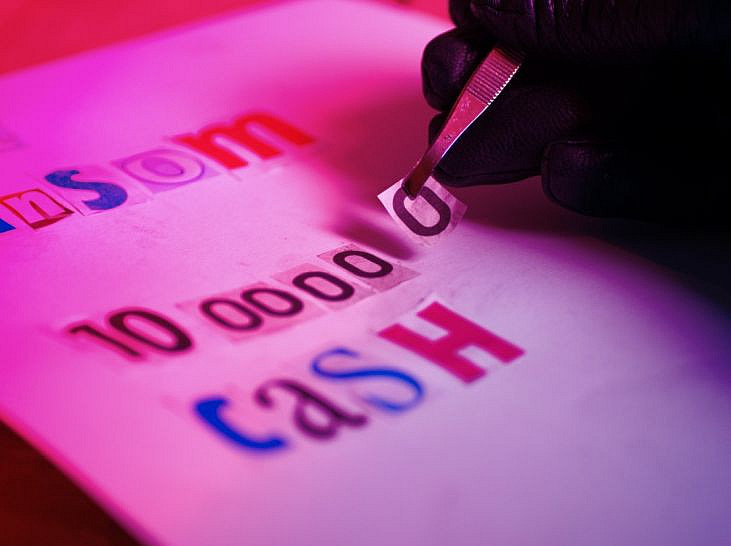Forensic Linguistics: What Texts Reveal About Us

How texts can help to solve crimes and what they reveal about the person who wrote them? These and other questions are addressed by forensic linguist and English specialist Karoline Marko as part of her research for her habilitation at the University of Graz.
Forensic linguistics is a relatively young discipline of applied linguistics, which - as the name suggests - originally dealt with the analysis of texts relevant to criminal law in order to obtain clues about the author of a piece of writing. According to Marko, this is not primarily about the content of a letter, but rather about how a person composes a text. Rare word combinations or the preference for certain words can provide initial information about the author and ultimately help to solve crimes.
Language changes
Age, level of education and different phases of life have an effect on a person's language. A wide variety of external circumstances influence a person's language, even if the changes are usually subtle and not immediately perceived by those around them, Marko explains. When analyzing two or more letters written at a greater time interval from each other, this factor must be taken into account in order to draw conclusions about a person or group. In this context, forensic linguistics deals with all "text types" with which a crime is committed (e.g., a blackmail letter) or with everything that is produced in the context of a crime (e.g., anonymous tips, text messages, or e-mails). Karoline Marko has already specialized in forensics as part of her dissertation and reports astonishing research results from the field of blackmail letters.


The polite blackmail letter
Thanks to movies and television, there is a fairly clear idea of how blackmail letters are designed (at least visually). The image of the perpetrator painstakingly cutting out newspaper letters in a darkened room and then assembling them into a threatening "complete work" is all too present. However, in reality, however, such letters are a rarity. Even more surprising is the fact that many blackmail letters are formulated in a very polite manner and their written form is based on business letters. For example, a donation may be requested instead of demanded, and the extortion letter may be rounded off with a personal salutation and a closing formula. All this serves to distance themselves from the victim and to extenuate their own crime.
Does that sound exciting? Karoline Marko thinks so, too. In the future, through collaborations, she would like to transport even more research knowledge into practice and improve and evaluate methods. Karoline Marko has already presented her research results to a broad audience in the podcast of the science show "Science Buster".
Dr.phil
Karoline Marko, BSc
Department of English Studies
Faculty of Humanities
